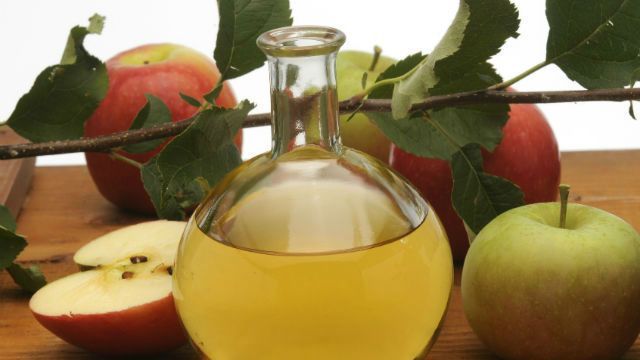
Do you believe in natural remedies? Although we are conditioned to believe that natural cures don’t work, and we must put our faith in dangerous pharmaceuticals if we wish to find relief, this is a misnomer that is quickly proving to be wrong.
Apple cider vinegar is just one such food that has been used across a myriad of cultures for a very long time. Viewed by some as a folk remedy, apple cider vinegar has been touted as being able to relieve any number of ailments such as diabetes, obesity, and even cancer. The good news is that anecdotal evidence is now being supported by science.
Some of that research includes:
- A 2007 study demonstrated that diabetics who took apple cider vinegar had lower glucose levels than those who did not. In fact, when participants took two tablespoons of apple cider vinegar before they went to bed, they lowered their glucose levels by 4%-6%.
- Medscape General Medicine reported a 2006 study that showed the effectiveness of apple cider vinegar in increasing good cholesterol levels. Animal research supports the fact that this vinegar can control both triglycerides and cholesterol.
- A study conducted with 12 people found that those who ate a piece of bread with apple cider vinegar felt fuller than those who ate the bread alone
- Other recent findings suggest that apple cider vinegar may be useful in killing head lice, reversing the effects of aging, reducing acne, relieving allergies, reducing heartburn and easing digestion.
 Raw, unpasteurized apple cider vinegar like Bragg’s Apple Cider Vinegar is more than useful, as you can see.
Raw, unpasteurized apple cider vinegar like Bragg’s Apple Cider Vinegar is more than useful, as you can see.
We want to help you be as healthy as you can be, and are offering you a chance to win a gallon size container of Bragg’s!! Tell us how you use raw apple cider vinegar to improve your health for your chance to win a gallon-size jug of our favorite Bragg’s Apple Cider Vinegar. We have 3 to give away!!
Like, Share or Comment BELOW to win! Go! (note: It may take a few seconds to load)
Sources:
http://care.diabetesjournals.org/content/27/1/281.full
http://www.ncbi.nlm.nih.gov/pmc/articles/PMC1785201

